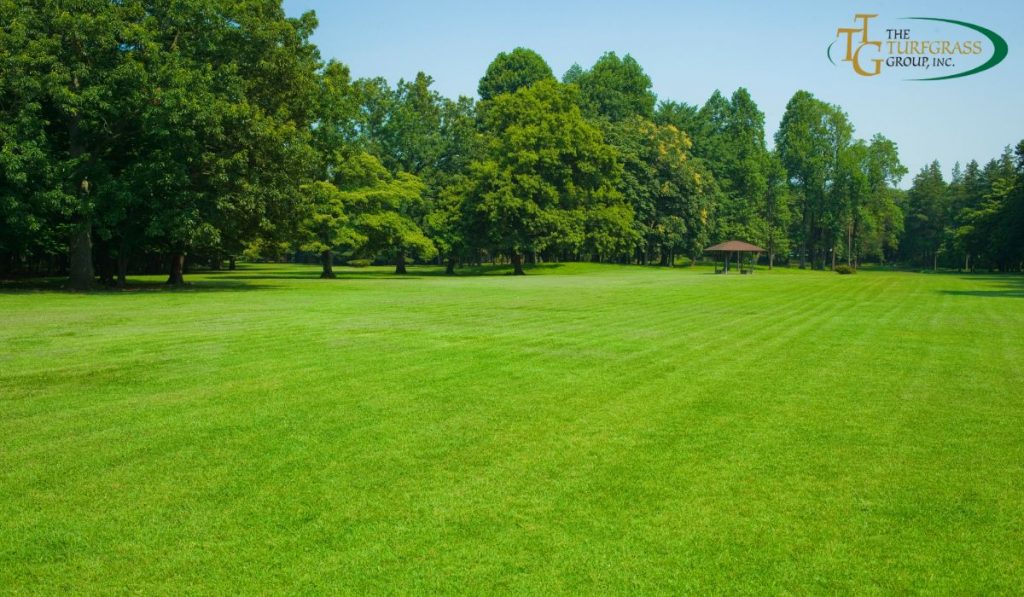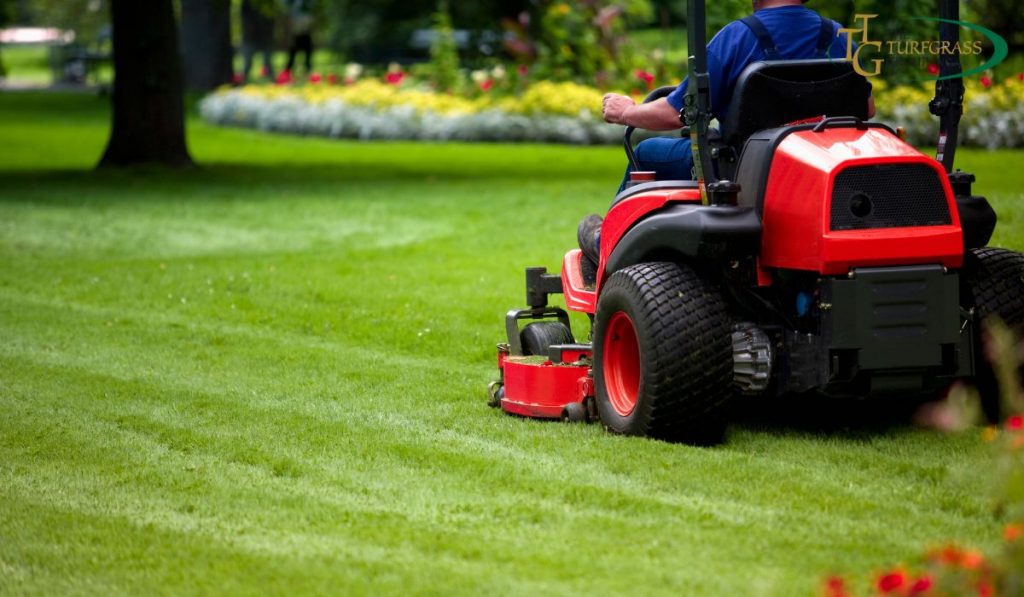
Bermuda grass, with its vibrant green color and resilience, is a popular choice for lawns and sports fields across the United States. Proper Bermuda grass care is essential to maintain a lush, thriving lawn that can withstand the challenges of various weather conditions and foot traffic. In this article, we will delve into the various aspects of Bermuda grass maintenance, from watering and fertilization to mowing techniques and weed control. Let’s explore the key steps to ensure your Bermuda grass lawn remains healthy and visually appealing throughout the year.
Understanding the Growth Cycle of Bermuda Grass
Before diving into the maintenance tasks, it’s crucial to understand Bermuda grass’s growth cycle. Bermuda grass is a warm-season grass that thrives during the hot summer months and goes dormant in the winter. It enters a period of active growth in late spring, which continues until early fall. Understanding this growth pattern will help you schedule your maintenance tasks effectively.
Essential Tools and Equipment for Bermuda Grass Care
To effectively care for your Bermuda grass lawn, you’ll need some essential tools and equipment. These include a quality lawn mower with sharp blades, a lawn aerator, a garden hose or an irrigation system, a lawn spreader for fertilization, and a weed trimmer. Investing in these tools will make your Bermuda grass care routine more efficient and effective.
Watering Techniques for a Healthy Bermuda Grass Lawn
How often should I water my Bermuda grass?
Bermuda grass has good drought tolerance, but it requires consistent watering to thrive. As a general rule, water your lawn deeply and infrequently, aiming for about 1 to 1.5 inches of water per week, including rainfall. Watering deeply encourages the grass roots to grow deeper into the soil, making the lawn more resilient to dry spells.
Proper Fertilization Methods for Bermuda Grass
When is the best time to fertilize Bermuda grass?
Fertilization is crucial for providing essential nutrients to your Bermuda grass. The best time to fertilize Bermuda grass is during its active growing season, which typically begins in late spring. Apply a balanced fertilizer with equal amounts of nitrogen, phosphorus, and potassium to promote healthy growth and green color.

Mowing Practices to Promote Bermuda Grass Health
What is the ideal mowing height for Bermuda grass?
Maintaining the right mowing height is essential for Bermuda grass care. Set your lawn mower to a height of around 1 to 1.5 inches for most Bermuda grass varieties. However, for hybrid Bermuda grasses, you may need to mow slightly higher, between 1.5 to 2 inches. Regular mowing at the proper height encourages lateral growth and keeps the lawn looking neat and healthy.
Preventing and Treating Common Bermuda Grass Weeds
How can I prevent weeds from invading my Bermuda grass lawn?
A healthy and dense Bermuda grass lawn is the best defense against weeds. Proper watering, fertilization, and mowing practices will help your grass outcompete weeds. Additionally, consider using pre-emergent herbicides in early spring to prevent weed seeds from germinating.
Dealing with Common Bermuda Grass Diseases and Pests
What are some common diseases that affect Bermuda grass?
Bermuda grass is relatively resistant to diseases, but some common issues to watch out for include dollar spot, brown patch, and rust. To prevent diseases, avoid overwatering and practice good lawn maintenance. If you notice signs of disease, promptly treat your lawn with appropriate fungicides.
Conclusion
Caring for Bermuda grass requires a combination of proper watering, fertilization, mowing, and weed control. By understanding the grass’s growth cycle and following the essential maintenance steps, you can maintain a lush and healthy Bermuda grass lawn that adds beauty to your outdoor space. Keep in mind that each lawn is unique, and it’s essential to tailor your care routine to your lawn’s specific needs. With consistent care and attention, you can enjoy a vibrant Bermuda grass lawn that becomes the envy of the neighborhood.
FAQs – Frequently Asked Questions
How often should I water my Bermuda grass?
Bermuda grass should be watered deeply and infrequently, providing about 1 to 1.5 inches of water per week, including rainfall.
What is the ideal mowing height for Bermuda grass?
For most Bermuda grass varieties, the ideal mowing height is around 1 to 1.5 inches. Hybrid Bermuda grasses may require slightly higher mowing, between 1.5 to 2 inches.
When is the best time to fertilize Bermuda grass?
The best time to fertilize Bermuda grass is during its active growing season, which typically begins in late spring.
How can I prevent weeds from invading my Bermuda grass lawn?
Maintaining a healthy and dense Bermuda grass lawn through proper watering, fertilization, and mowing practices is the best defense against weeds. Additionally, consider using pre-emergent herbicides in early spring.

What are some common diseases that affect Bermuda grass?
Common diseases that may affect Bermuda grass include dollar spot, brown patch, and rust. Proper lawn maintenance and prompt treatment with appropriate fungicides can help prevent and manage these issues.
How can I promote Bermuda grass growth in shady areas?
Bermuda grass thrives in full sun and may struggle to grow in shady areas. Consider planting shade-tolerant grass varieties or using alternative landscaping solutions in shaded parts of your lawn.
Can I use herbicides on Bermuda grass?
Yes, herbicides specifically formulated for Bermuda grass can be used to control weeds. Follow the manufacturer’s instructions and safety guidelines when applying herbicides.
What are some effective methods to repair patches in Bermuda grass?
To repair patches in Bermuda grass, remove the dead or damaged turf, loosen the soil, and apply new Bermuda grass seeds. Keep the soil moist until the new grass establishes itself. Alternatively, you can use plugs or sod to repair larger patches.